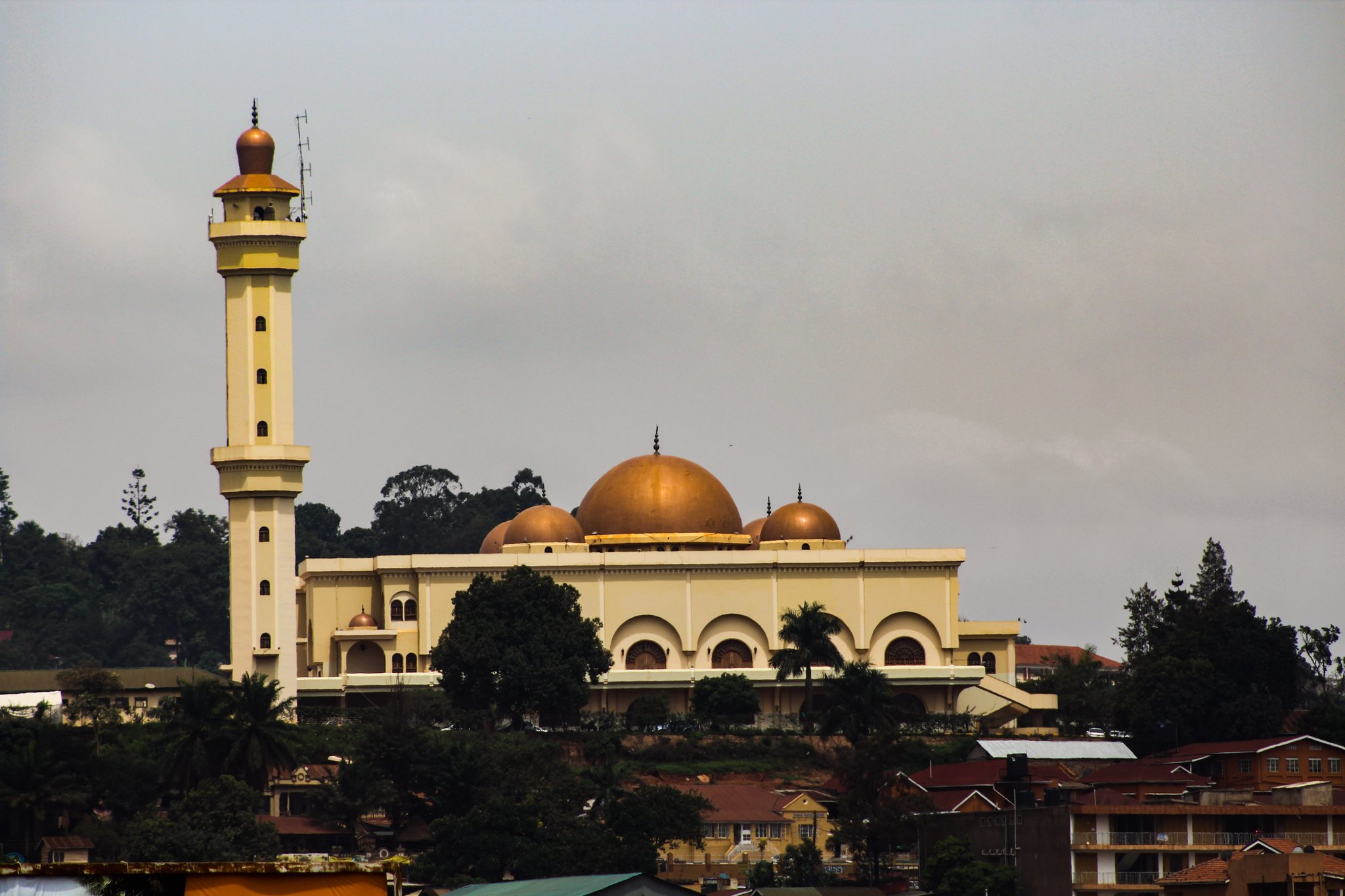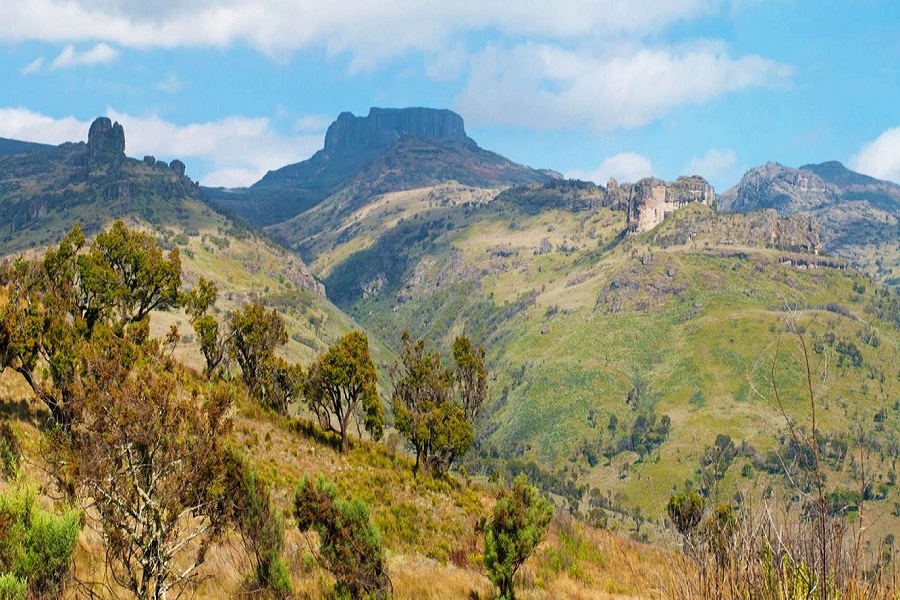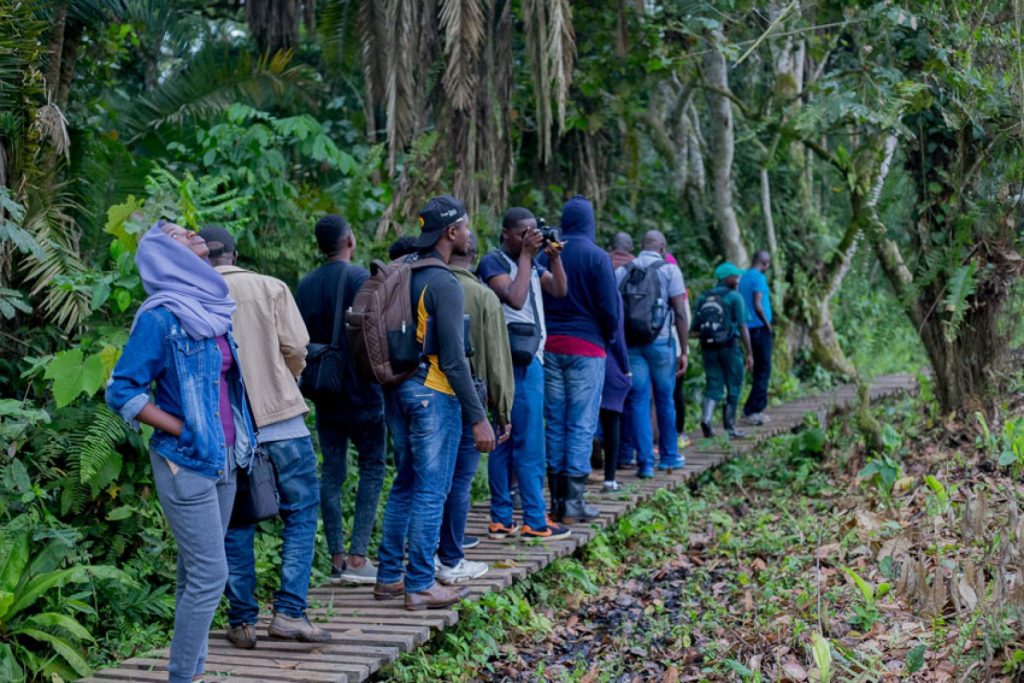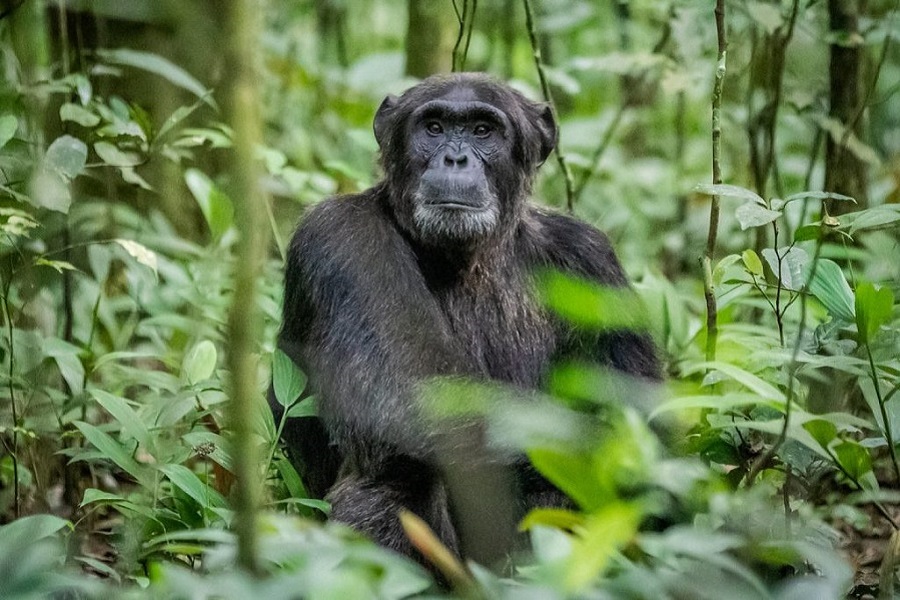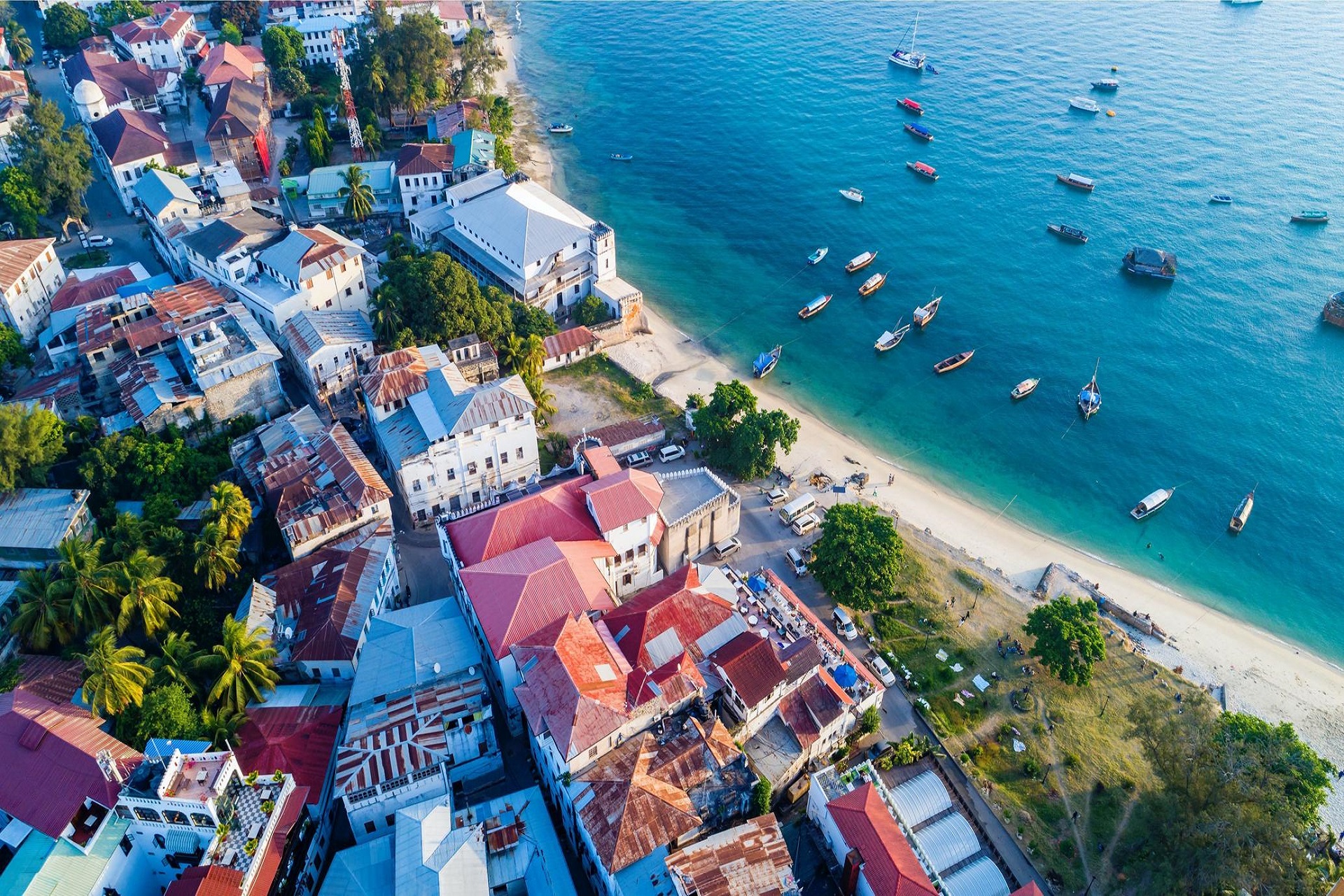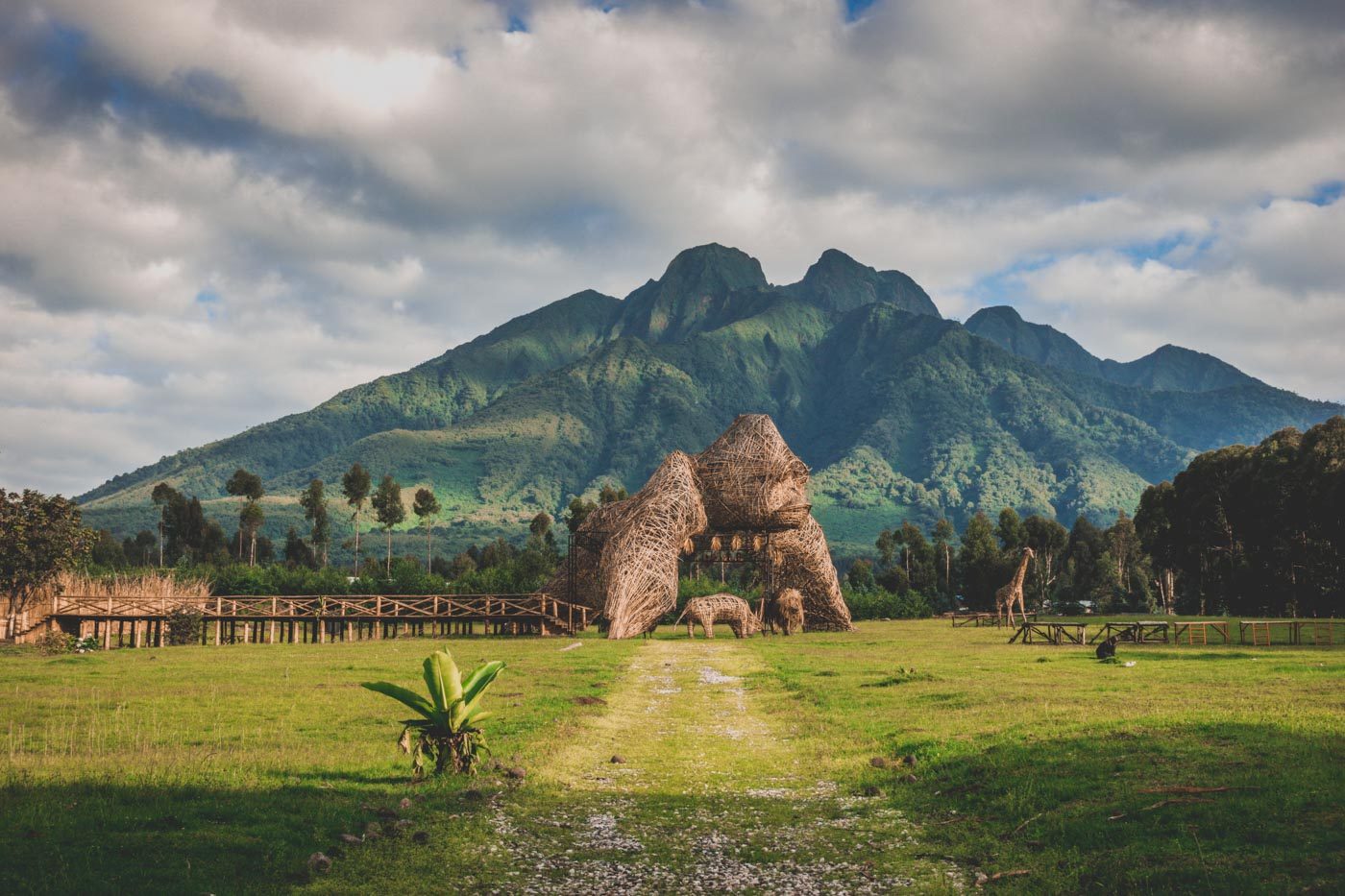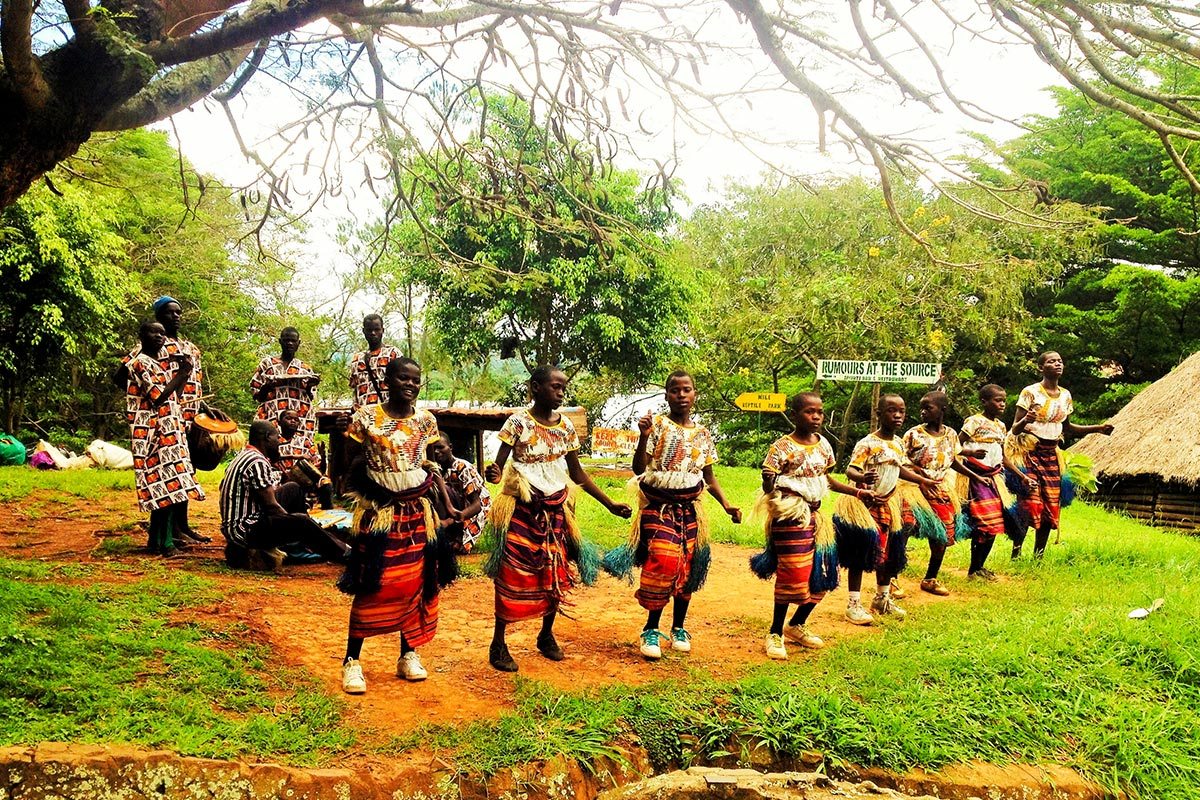
Culture Tours in Uganda: The Pearl of Africa and the land of Diversity and Heritage
Uganda, often referred to as the "Pearl of Africa," is a nation blessed with a rich tapestry of cultures and traditions that date back centuries. For travelers seeking an immersive and authentic experience, culture tours in Uganda offer a kaleidoscope of diversity and heritage, showcasing the vibrancy of its people and the profound connection they have with their land.
One of the most captivating aspects of culture tours in Uganda is the opportunity to visit traditional villages and interact with local communities. The country is home to over 50 distinct ethnic groups, each with its unique customs, languages, and practices. From the Baganda in the central region to the Ankole in the southwest and the Karamojong in the northeast, each group has a rich history that has shaped their way of life. Engaging in daily activities with locals, such as farming, craft-making, and traditional dances, allows travelers to gain invaluable insights into Uganda's diverse cultural heritage.
The Kingdom of Buganda, located in the heart of Uganda, is a prominent cultural hub that often serves as the starting point for many culture tours. Visitors can explore the historical site of the Buganda Kingdom, the Kasubi Tombs, which are UNESCO World Heritage-listed royal burial grounds. Additionally, attending the vibrant Buganda Kingdom ceremonies, such as the colorful Kabaka's Birthday celebration, provides a fascinating glimpse into the cultural significance of monarchy in Ugandan society.
Another highlight of culture tours in Uganda is the chance to witness the traditional ceremonies of various ethnic groups. The Imbalu ceremony of the Bagisu, for example, is a rite of passage for young boys, showcasing their transition into manhood. Travelers can witness this event, marked by dancing, singing, and elaborate rituals, which offers a unique perspective on the significance of cultural practices in shaping Ugandan identities.
Religious diversity is also a significant aspect of Uganda's culture tours. The country is home to a mix of religions, including Christianity, Islam, and indigenous beliefs. Exploring sacred sites such as the Namugongo Martyrs Shrine, where Christian martyrs were executed for their faith, and the colorful mosques in Kampala, offers an opportunity to understand the religious fabric that binds Ugandans together.
Uganda's natural beauty is another integral part of culture tours. The country's stunning landscapes, from the lush rainforests of Bwindi Impenetrable National Park to the serene waters of Lake Bunyonyi, are deeply intertwined with local traditions and folklore. Guided nature walks and cultural hikes in these areas reveal the strong connection Ugandans have with their environment and the crucial role it plays in their everyday lives.
Furthermore, supporting local communities through culture tours contributes to sustainable development and the preservation of cultural heritage. Many tours are organized in collaboration with community-based organizations, ensuring that the benefits of tourism are distributed directly to the people, empowering them to preserve and showcase their traditions for generations to come. Culture tours in Uganda offer a transformative journey through a land of diversity, heritage, and warmth. Immersing oneself in the customs, traditions, and daily lives of Uganda's diverse ethnic groups provides a profound understanding of the country's cultural fabric. From royal ceremonies in Buganda to religious landmarks and the lush landscapes that shape the people's way of life, culture tours in Uganda promise an authentic and enriching experience that leaves travelers with cherished memories and a deeper appreciation for the people and heritage of the "Pearl of Africa."
Culture Tours in Kenya
Kenya, a land of stunning landscapes and diverse wildlife, is also home to a vibrant mosaic of cultures that have thrived for centuries. For travelers seeking an immersive and enriching experience, culture tours in Kenya provide a captivating journey into the heart of the country's traditions, rituals, and ways of life.
One of the most intriguing aspects of culture tours in Kenya is the opportunity to visit traditional Maasai villages. The Maasai, a semi-nomadic pastoralist tribe, are known for their distinctive customs, colorful attire, and deep connection with the land. Travelers can engage in activities such as beadwork, learn about their age-old cattle herding practices, and witness the rhythmic Maasai dances performed around a bonfire, offering an intimate glimpse into their rich cultural heritage.
Similarly, the Samburu and Turkana communities in northern Kenya present a unique cultural experience. The Samburu, renowned for their striking beadwork and traditional ceremonies, welcome visitors to learn about their way of life and conservation efforts in the region. On the shores of Lake Turkana, the Turkana people share their customs and fishing traditions, offering a glimpse into the resilience of their desert-adapted culture.
In contrast, culture tours in the coastal region of Kenya reveal the Swahili heritage deeply woven into the coastal towns and cities. In Lamu, a UNESCO World Heritage site, travelers can explore the maze-like streets, adorned with intricately carved doors, and participate in traditional Swahili cooking classes. The annual Lamu Cultural Festival showcases vibrant dances, music, and art, reflecting the fusion of African, Arab, and Indian influences that shape the Swahili culture.
In Kenya's bustling capital, Nairobi, culture tours offer a fascinating blend of urban life and tribal heritage. The National Museum, for instance, houses extensive displays of Kenya's cultural artifacts, archaeological findings, and exhibits on the diverse ethnic groups inhabiting the country. Travelers can also visit the Bomas of Kenya, a cultural center that hosts daily performances of traditional dances and music representing various tribes.
In Kenya's bustling capital, Nairobi, culture tours offer a fascinating blend of urban life and tribal heritage. The National Museum, for instance, houses extensive displays of Kenya's cultural artifacts, archaeological findings, and exhibits on the diverse ethnic groups inhabiting the country. Travelers can also visit the Bomas of Kenya, a cultural center that hosts daily performances of traditional dances and music representing various tribes.
Moreover, culture tours in Kenya often include visits to various community-based initiatives that promote sustainable tourism and support local livelihoods. By engaging in activities such as handicraft workshops, eco-tourism projects, and cultural exchanges with local schools, travelers can directly contribute to the preservation of Kenya's cultural heritage and empower communities to thrive while preserving their traditions. Culture tours in Kenya offer a fascinating exploration of the country's diverse and rich heritage. From the nomadic traditions of the Maasai and Samburu to the coastal allure of Swahili culture and the urban vibrancy of Nairobi, each experience provides a window into the tapestry of traditions that shape Kenya's identity. By engaging with local communities and supporting sustainable initiatives, culture tours in Kenya offer a transformative and authentic experience that not only leaves travelers with cherished memories but also leaves a positive impact on the preservation of this extraordinary East African nation's cultural heritage.
Culture Tours in Tanzania
Tanzania, a land of vast wilderness and iconic wildlife, is also home to a rich cultural heritage that spans numerous ethnic groups, each with its unique customs, languages, and practices. For travelers seeking a deeper understanding of Tanzania beyond its natural wonders, culture tours offer an immersive and enlightening experience into the heart of the country's diverse traditions and heritage.
One of the most captivating aspects of culture tours in Tanzania is the opportunity to visit traditional Maasai villages. The Maasai, a semi-nomadic tribe, are renowned for their distinctive attire, beadwork, and close connection to their pastoral lifestyle. Travelers have the chance to interact with Maasai warriors, learn about their traditional herding practices, and witness mesmerizing dances and rituals that have been passed down through generations. This glimpse into the Maasai culture provides a profound understanding of their resilience and deep-rooted traditions.
Similarly, culture tours in Tanzania take travelers to explore the fascinating cultures of other ethnic groups. The Chagga people, who inhabit the slopes of Mount Kilimanjaro, offer insights into their agricultural practices, traditional homes, and coffee farming. In the foothills of Mount Meru, visitors can immerse themselves in the vibrant culture of the Meru people, known for their captivating music and dance performances during ceremonies and celebrations.
The coastal region of Tanzania, with its Swahili heritage, presents a rich blend of African, Arab, and Indian influences. In Stone Town, a UNESCO World Heritage site in Zanzibar, travelers can wander through narrow alleyways, admire intricately carved doors, and explore the bustling markets. Visiting historical sites like the Arab Fort and the House of Wonders offers a glimpse into the island's past as a hub of trade and cultural exchange.
Culture tours in Tanzania also include encounters with the Hadzabe, one of the last remaining hunter-gatherer tribes in East Africa. Found around Lake Eyasi, the Hadzabe people provide travelers with a unique opportunity to witness their ancient lifestyle, use of traditional hunting techniques, and ancient click-based language, which sets them apart as one of the world's most distinctive cultures.
Religion is an integral part of Tanzania's cultural landscape, with Islam and Christianity being the dominant faiths. The nation's religious tolerance is evident in the coexistence of various religious landmarks and places of worship. In the coastal city of Dar es Salaam, the St. Joseph's Cathedral and the Azania Front Lutheran Church stand side by side with the Khoja Shia Ithna-Asheri Mosque, representing the religious diversity embraced by Tanzanians.
Moreover, culture tours in Tanzania often involve engaging with community-based initiatives, supporting local artisans, and participating in eco-tourism projects that promote sustainable tourism and support local livelihoods. By doing so, travelers not only gain authentic cultural experiences but also contribute to the preservation of Tanzania's cultural heritage and the empowerment of its communities. Culture tours in Tanzania offer a captivating journey into the diverse traditions and heritage that make up the fabric of this East African nation. From the nomadic ways of the Maasai to the coastal allure of Swahili culture and the hunter-gatherer lifestyle of the Hadzabe, each cultural encounter provides a unique and transformative experience. Engaging with local communities and embracing Tanzania's cultural diversity through responsible tourism not only enriches the traveler's experience but also contributes to the preservation and celebration of Tanzania's vibrant cultural tapestry for generations to come.
Culture Tours in Rwanda.
Rwanda, often hailed as the "Land of a Thousand Hills," is a country known for its stunning landscapes, abundant wildlife, and remarkable cultural heritage. Culture tours in Rwanda offer travelers a unique opportunity to delve into the heart of the nation's traditions, history, and the unwavering spirit of its people.
One of the most captivating aspects of culture tours in Rwanda is the chance to explore the customs and rituals of the Rwandan people. The nation is home to three major ethnic groups: the Banyarwanda, which includes the Hutu, Tutsi, and Twa communities. Each group possesses distinct traditions, language, and social structures that contribute to Rwanda's cultural diversity.
One of the highlights of culture tours in Rwanda is visiting traditional villages and interacting with local communities. Travelers can engage in activities such as banana beer brewing, basket weaving, and traditional dance performances, immersing themselves in the daily life and customs of the Rwandan people. Sharing meals with local families provides an authentic and heartwarming experience, deepening the understanding of Rwandan culture and the importance of communal bonds.
Moreover, culture tours in Rwanda shed light on the country's remarkable recovery from the tragic events of 1994. The Genocide Memorial Sites, such as the Kigali Genocide Memorial Center, provide a solemn and educational experience, honoring the lives lost and showcasing Rwanda's journey toward healing and reconciliation. Witnessing the resilience of the Rwandan people in the face of adversity serves as a testament to the strength of the human spirit.
Rwanda's traditional music and dance are an integral part of its cultural identity. Culture tours often include performances of traditional dance troupes, demonstrating the country's rhythmic and colorful heritage. The Intore Dance, characterized by its energetic and athletic movements, is a prime example of Rwanda's vibrant cultural heritage.
Religion also plays a significant role in Rwandan culture, with Christianity being the dominant faith. Visiting religious landmarks, such as the iconic Kigali Cathedral and Nyamata Church, allows travelers to witness the fusion of faith and culture that has shaped Rwandans' lives.
Furthermore, culture tours in Rwanda contribute to sustainable tourism and community development. Many tours are organized in collaboration with local communities, supporting initiatives that empower Rwandans through tourism-based activities, crafts, and cultural exchanges. By participating in these tours, travelers directly contribute to the preservation of Rwanda's cultural heritage and the socio-economic growth of its communities. Culture tours in Rwanda offer an enlightening and enriching journey into the heart of the nation's traditions, resilience, and cultural expressions. From exploring traditional villages and festivals to commemorating Rwanda's history and engaging with the warm and welcoming people, each cultural encounter leaves travelers with a profound appreciation for Rwanda's cultural heritage. By embracing responsible tourism practices and supporting community-based initiatives, culture tours not only provide travelers with cherished memories but also contribute to the preservation and celebration of Rwanda's diverse and vibrant cultural tapestry.
Culture Tours in Zanzibar
Zanzibar, often referred to as the "Spice Island," is a captivating destination off the coast of Tanzania known for its white sandy beaches, turquoise waters, and rich cultural heritage. Culture tours in Zanzibar offer travelers an immersive experience into the island's diverse traditions, history, and the enchanting blend of African, Arab, and Indian influences that shape its cultural tapestry.
One of the most enthralling aspects of culture tours in Zanzibar is exploring the island's historic Stone Town. A UNESCO World Heritage site, Stone Town is a labyrinth of narrow streets, intricately carved wooden doors, and vibrant markets. Guided tours take visitors on a journey back in time, revealing the fusion of Swahili, Arab, Indian, and European influences that have shaped the architecture, cuisine, and way of life in this bustling urban center.
As part of culture tours, travelers can engage with the local communities and artisans. Zanzibar's skilled craftsmen, known for their expertise in woodcarving, copper work, and intricate henna painting, provide hands-on experiences for visitors interested in learning traditional techniques. By supporting local artisans, culture tours contribute to the preservation of these ancient crafts and the empowerment of the local economy.
Zanzibar's vibrant festivals are another highlight of culture tours on the island. The Zanzibar International Film Festival (ZIFF) is a renowned event that showcases films from across Africa and the Indian Ocean region, attracting filmmakers, artists, and culture enthusiasts from around the world. The Mwaka Kogwa Festival, celebrated in July, is a colorful Swahili New Year celebration, featuring traditional rituals, music, dance, and competitive stick-fighting matches.
The island's rich culinary heritage is an integral part of culture tours in Zanzibar. Travelers can embark on spice tours, venturing into the lush spice plantations that have earned Zanzibar its nickname. Experiencing the aromatic spices and learning about their uses in traditional Swahili and Zanzibari dishes provides a sensory journey into the island's culinary delights.
Religious diversity is a significant aspect of Zanzibar's cultural landscape. The island's population is predominantly Muslim, and travelers can visit iconic religious landmarks, such as the impressive House of Wonders and the Old Fort in Stone Town. The call to prayer resonates through the streets, creating a serene atmosphere that reflects the harmonious coexistence of cultures and faiths.
Additionally, culture tours in Zanzibar often include visits to the villages in the rural areas. In these communities, travelers can witness traditional Swahili life, engage in activities like seaweed farming or fishing with local fishermen, and gain insight into the island's more laid-back way of living.
Moreover, culture tours in Zanzibar contribute to sustainable tourism and community development. Many tours are organized in collaboration with local communities, supporting initiatives that promote responsible tourism practices and empower Zanzibari residents through cultural exchanges and tourism-based activities.
Culture tours in Zanzibar offer a captivating exploration of the island's diverse traditions, history, and cultural expressions. From the ancient streets of Stone Town to the aromatic spice plantations, the enchanting festivals, and the warm hospitality of the local communities, each cultural encounter leaves travelers with a deep appreciation for Zanzibar's rich cultural heritage. By engaging with local traditions and supporting community-based initiatives, culture tours not only provide visitors with cherished memories but also play a vital role in preserving and celebrating the unique cultural tapestry of the "Spice Island."

